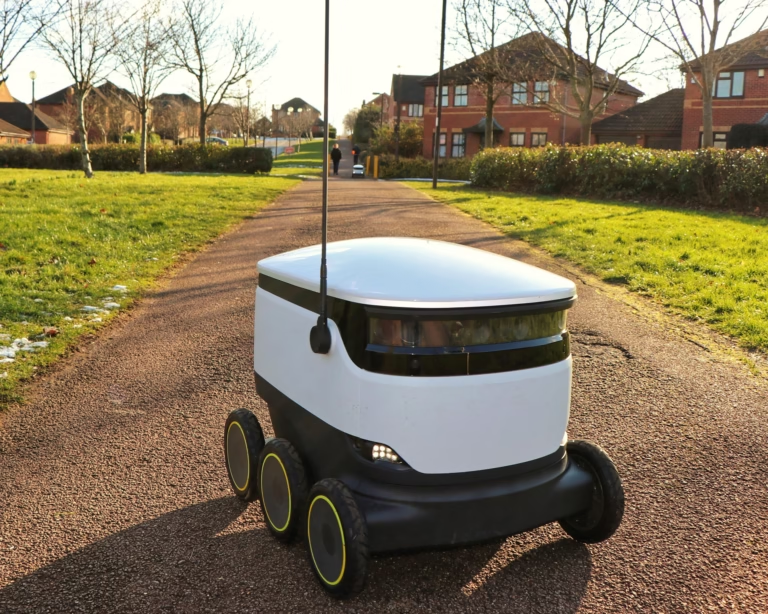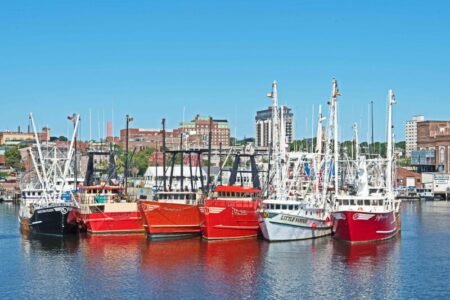City residents are used to fast deliveries of food and groceries, but the sight of a small robot arriving at their door is still new. Skype co-founder Ahti Heinla believes his company, Starship Technologies, is about to change that.
Heinla, Starship’s chief executive, said the company can run deliveries with robots at a small profit, even in towns and villages where human delivery was not previously viable. “We’ve solved everything that there is to solve. It will happen. It’s very clear it will happen,” Heinla said during a meeting in London.
Residents of Manchester, Leeds, Cambridge, Milton Keynes, and cities in Finland and Estonia have already received deliveries from Starship robots. The service has become increasingly visible, even appearing at a 10 Downing Street garden party and in an episode of the hit TV series, The Bear. With only 200 employees, Starship has completed 8 million deliveries and aims to grow further.
Heinla made his fortune co-creating Skype, which became a widely used communication tool. After co-founding Skype, he sold it to eBay for $3.1bn in 2005. Despite his wealth, Heinla says money is not his goal. “I’m not interested in money or making money. I don’t need more,” he said. Instead, he focuses on bringing robotics into everyday life, making autonomous delivery accessible and practical.
Starship’s technology began with a 2014 competition run by NASA to design an inexpensive Mars rover. While the rover was not selected, the technology proved suitable for urban roads. By 2017, Starship robots were operating autonomously in Estonia without human oversight. In 2018, the company launched a commercial pilot in Milton Keynes, partnering with companies such as Bolt, the UK’s Co-op supermarket chain, and the US-based Grubhub.
Starship may operate the world’s largest fleet of autonomous delivery vehicles, though it faces competition from US startups Serve Robotics and Nuro, the Saudi-backed Noon, and companies developing autonomous cars like Tesla and Baidu. Drone delivery companies, including Dublin-based Manna Aero, Amazon, and Google’s Wing, also challenge the market. Regulatory differences slow rollout. In Finland, Starship delivers to a population of 5.6 million under national legislation, completing 1 million deliveries annually. In the UK, far fewer robots serve 69 million people due to council-by-council approval.
Heinla said Starship is ready to expand further in the UK once regulatory clarity improves. He envisions delivery to 800 locations for a single customer, including smaller towns beyond major cities. “That is a unique part that robots could be doing,” he said. “We want to bring delivery to the small towns in the UK as well. We’re ready to invest in scale.”
Heinla rejects the idea that robots take jobs. He believes Starship robots will meet growing delivery demand while humans focus on longer and more complex tasks. “Giving more capabilities to people is useful,” he said, adding that smaller stores could compete more effectively with larger chains.
Starship has raised over €200m (£175m), far less than some human-based delivery services, which often failed after raising billions. Robot costs per unit are below €10,000, and Heinla said overall delivery costs are comparable or lower than human delivery. While not yet fully profitable, he expects Starship to generate cash in the near future.
Some retailers remain skeptical that robots can outperform human couriers, but Heinla believes autonomous delivery is the future. “Almost every company that does delivery will need this. At some point, it will not even be a choice because it will just be so much cheaper to do it by robot,” he said.







